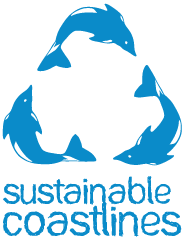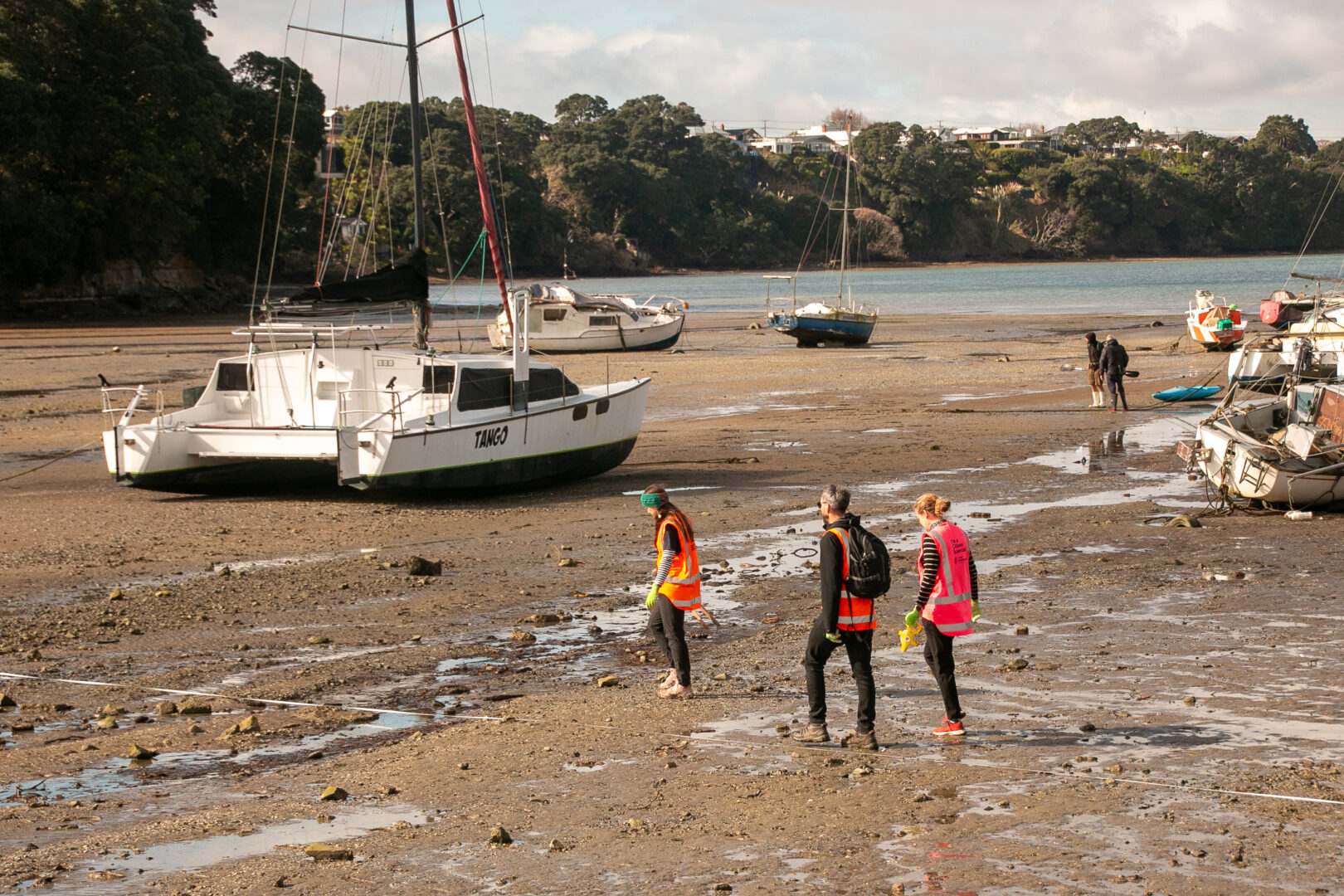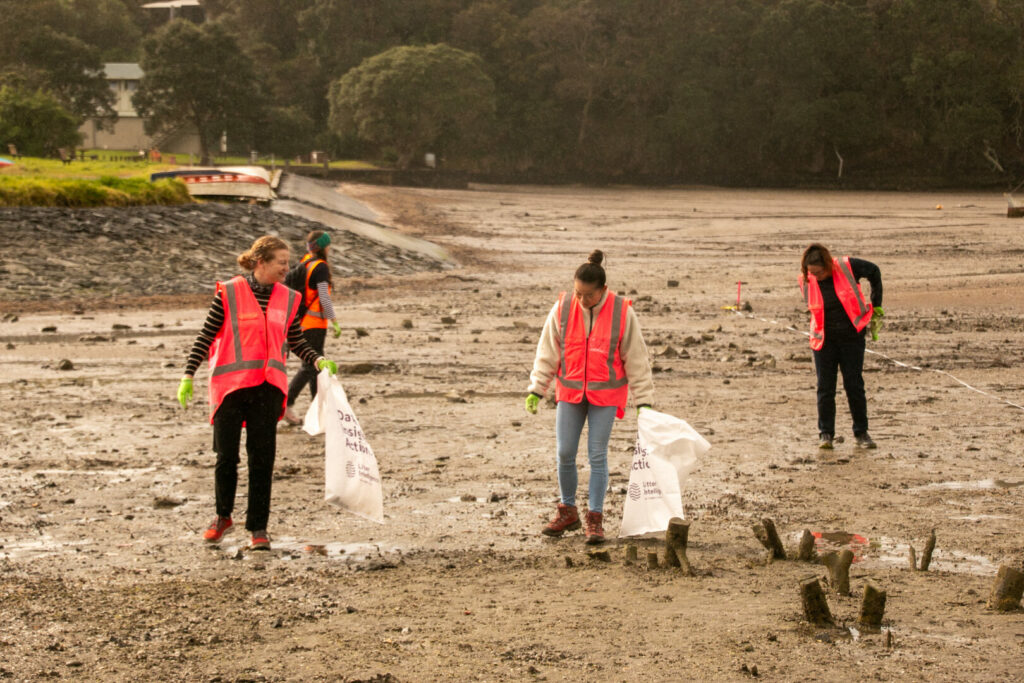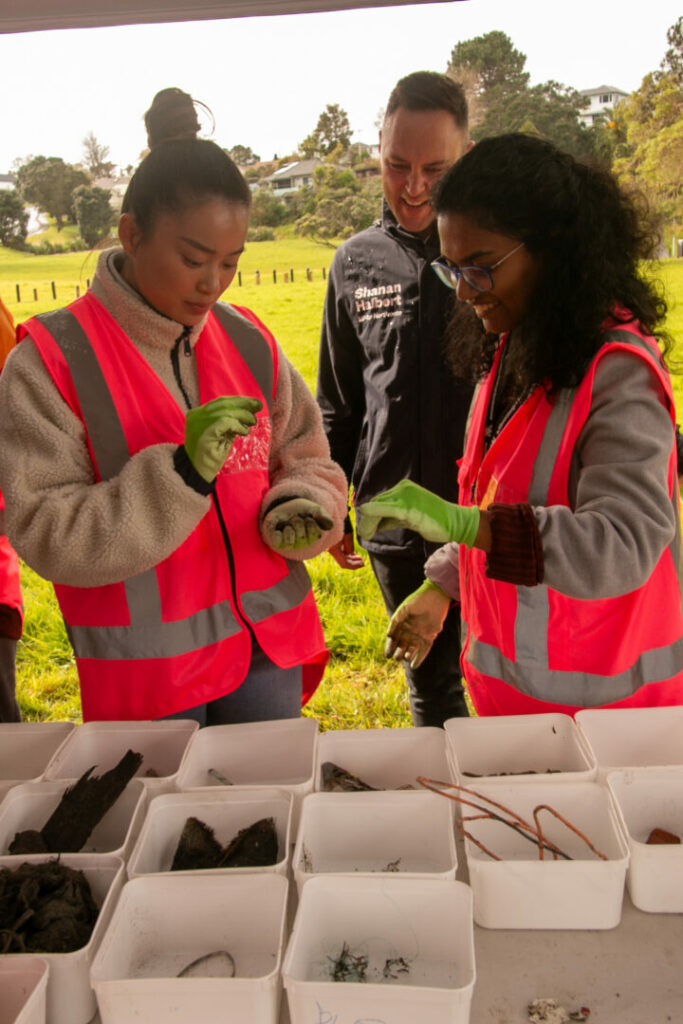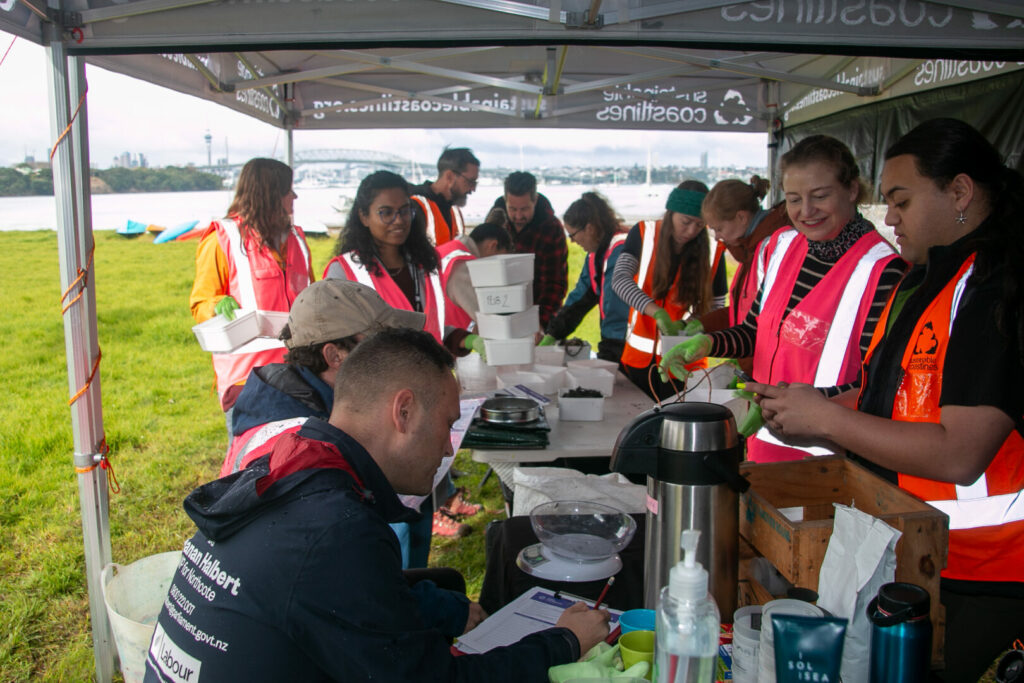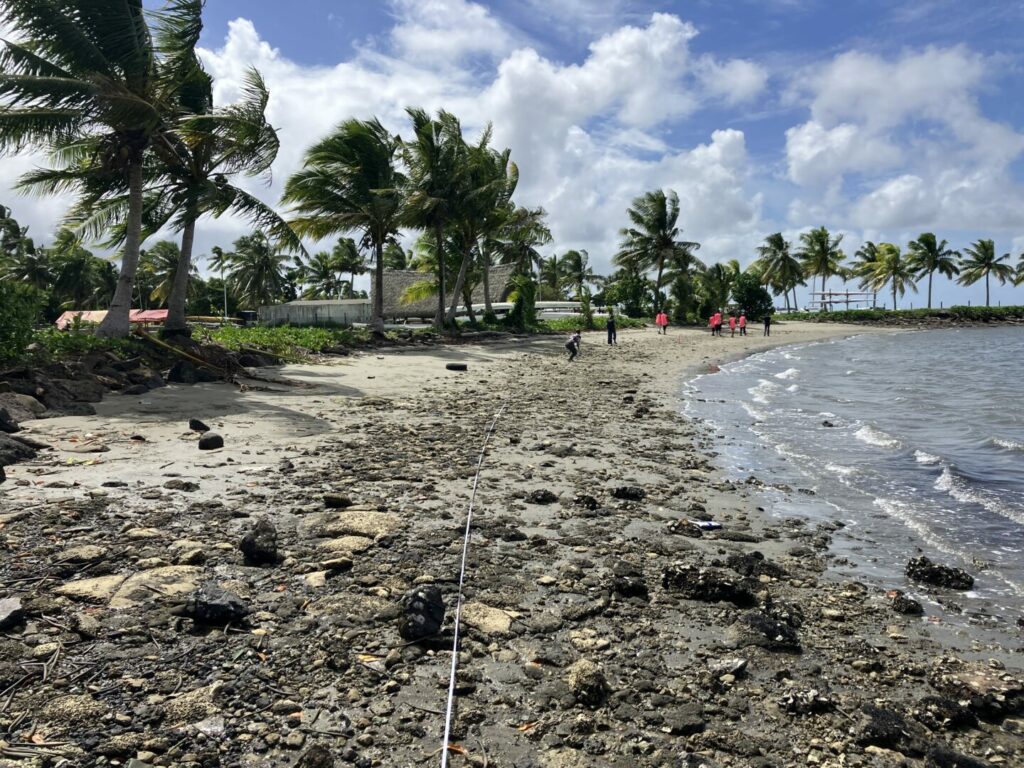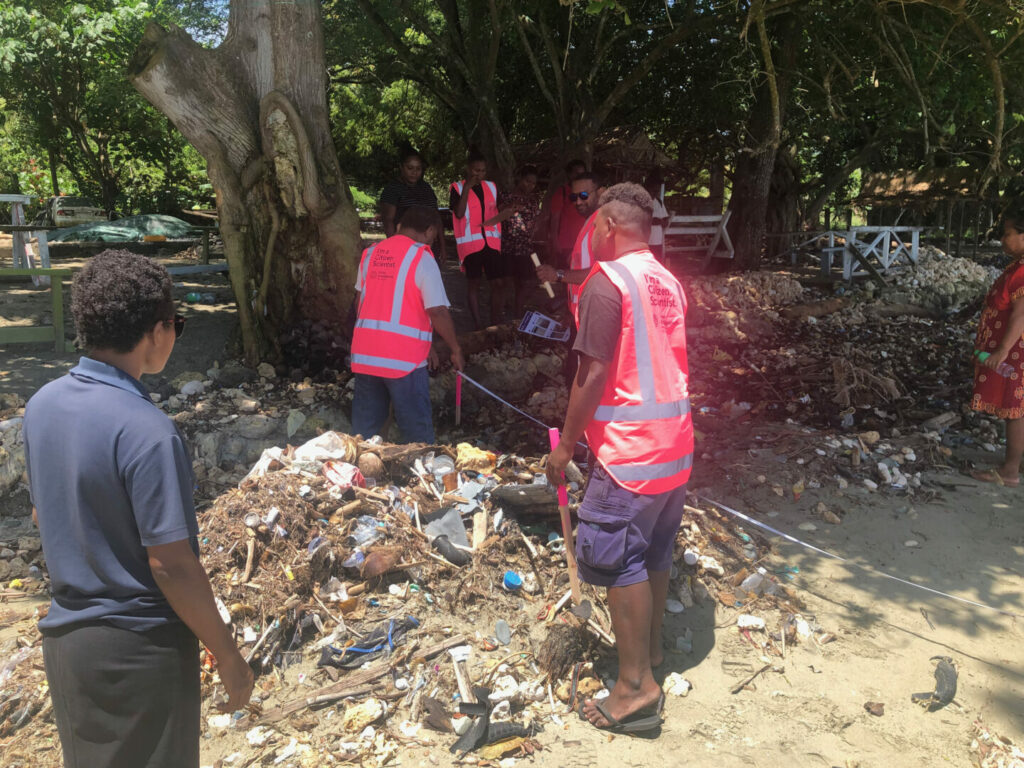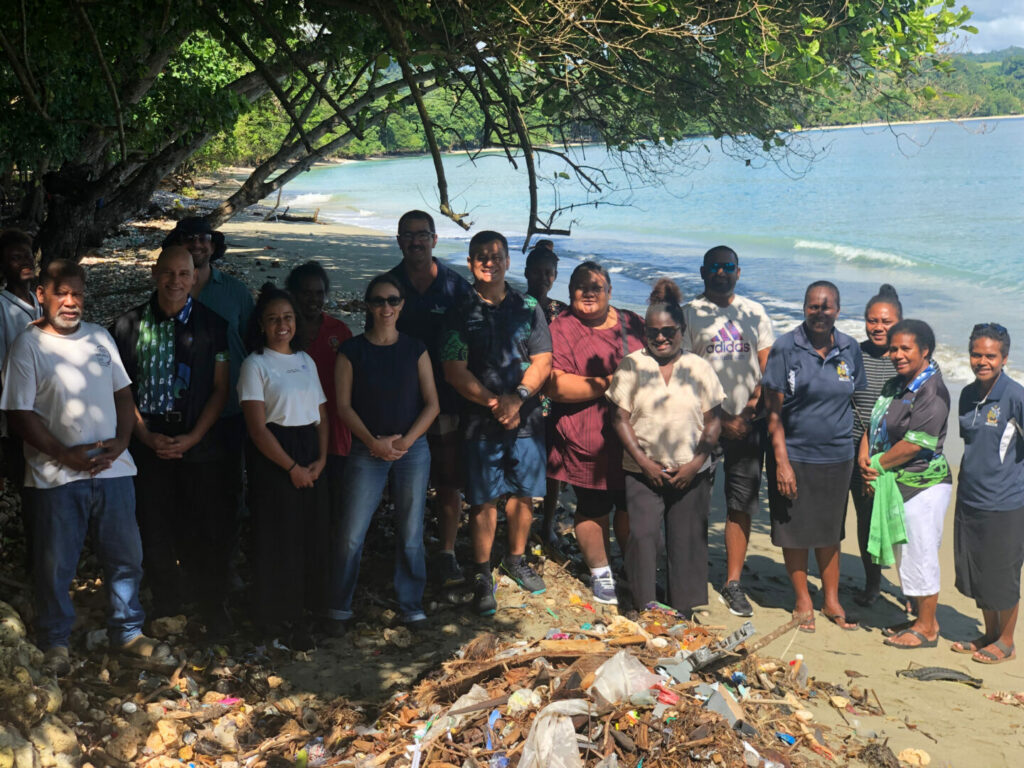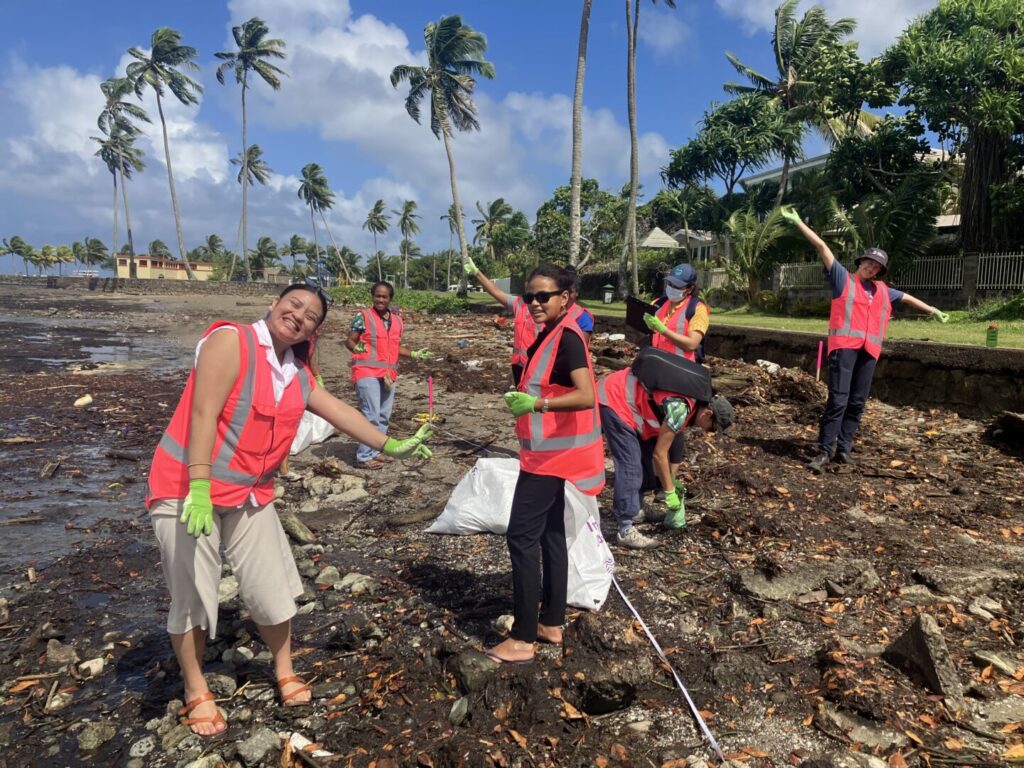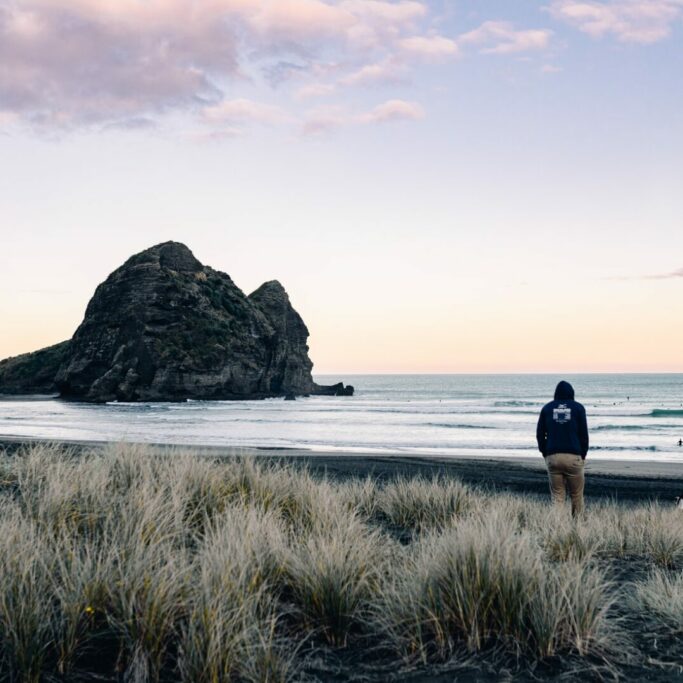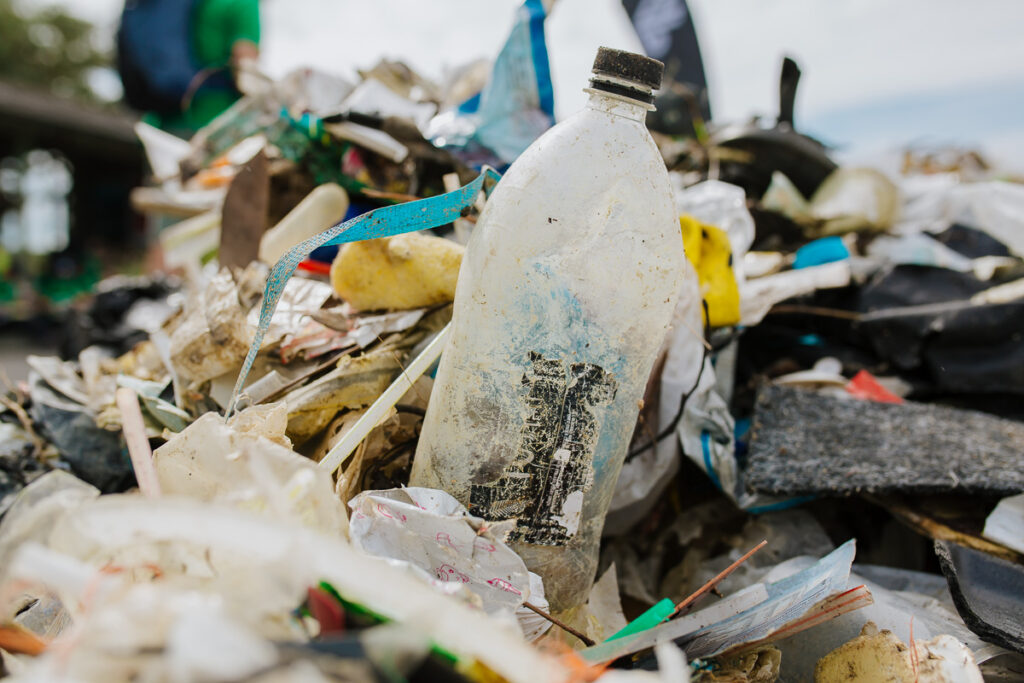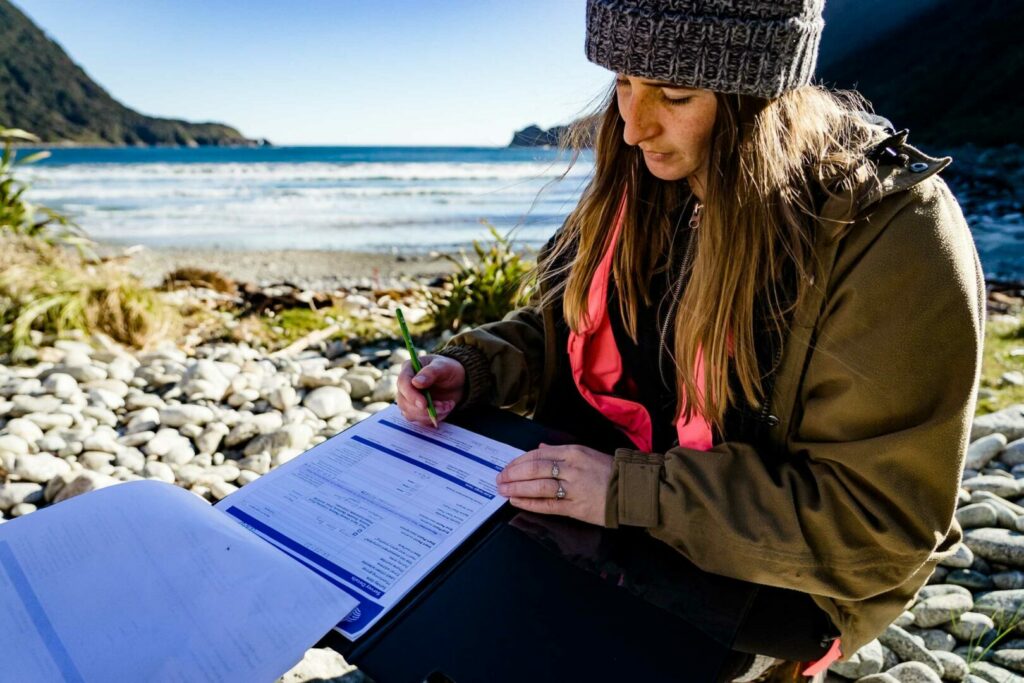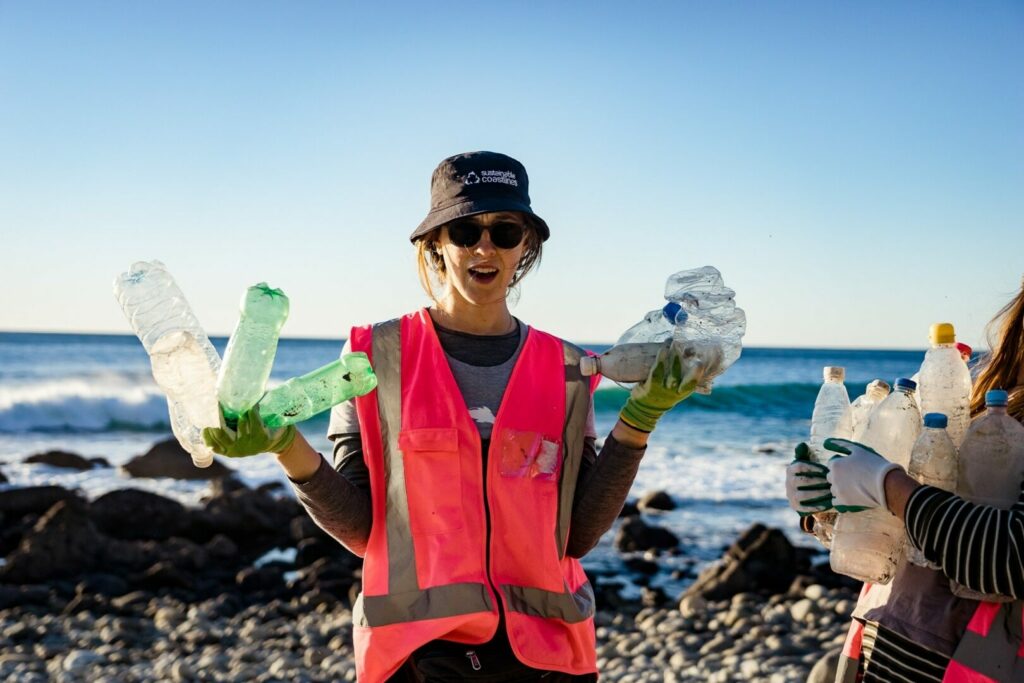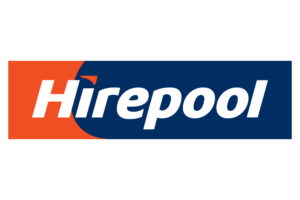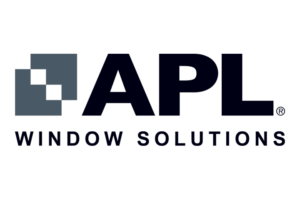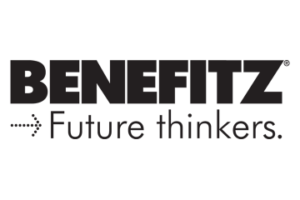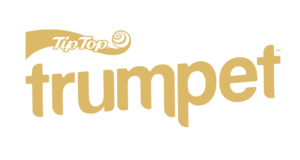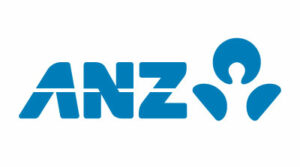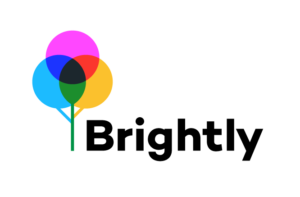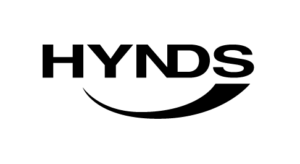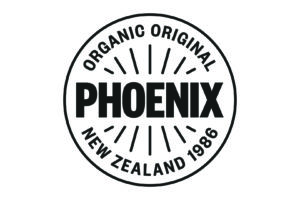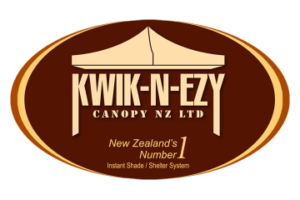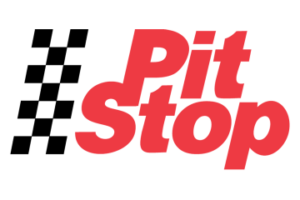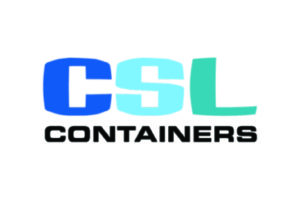Litter data programme unites efforts to tackle plastic pollution
Media release: 11 August 2023
On 29 July 2018, members of community group Plastic Bag Free Tairāwhiti and New Zealand charity Sustainable Coastlines measured out a 100 metre by 20 metre stretch of Gisborne’s Waikanae Beach, collected all the litter in the area, categorised it, and recorded the data. This was the very first survey for Litter Intelligence, Sustainable Coastlines’ national beach litter monitoring programme.
Five years on, and the charity is celebrating the programme’s success so far with a Litter Intelligence showcase at Little Shoal Bay in Tāmaki Makaurau Auckland, attended by Associate Environment Minister Rachel Brooking.
Supported by Ministry for the Environment, Stats NZ, and the Department of Conservation, Sustainable Coastlines developed Litter Intelligence to address two gaps: one being the lack of coastal and marine litter data, which is needed to inform action; the other being the gap between communities who care about the problem and the policymakers who have the power to take meaningful steps to address it.
So far, everything points to Litter Intelligence delivering on what it was designed to do. Trained Litter Intelligence citizen scientists include school children, teachers, work groups, mana whenua, community groups, and government and council employees. Together, they have volunteered more than 23,000 hours, providing data from more than 1,900 individual surveys across 460 survey sites.
